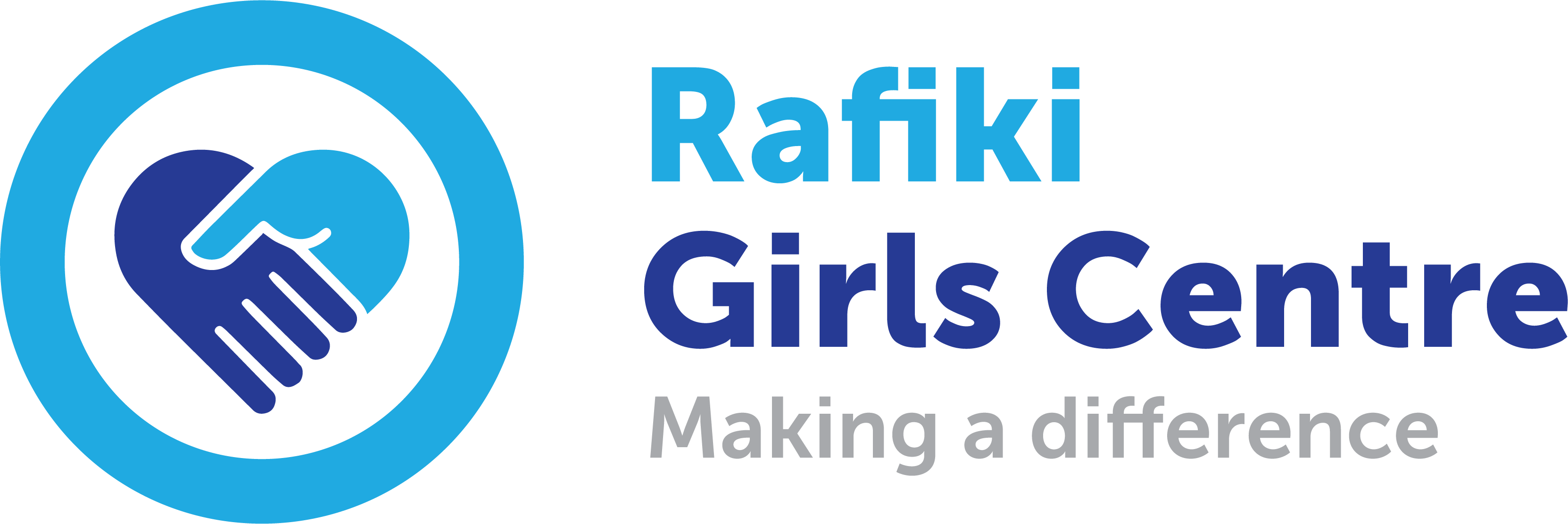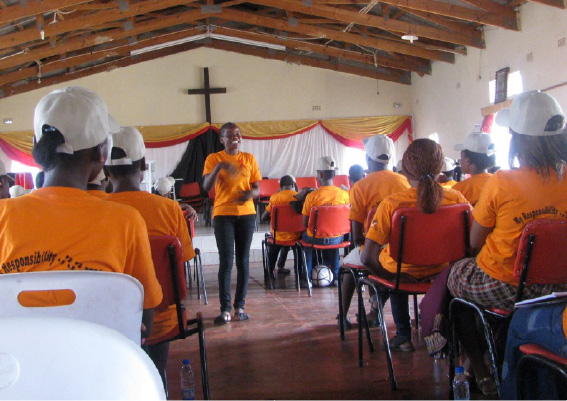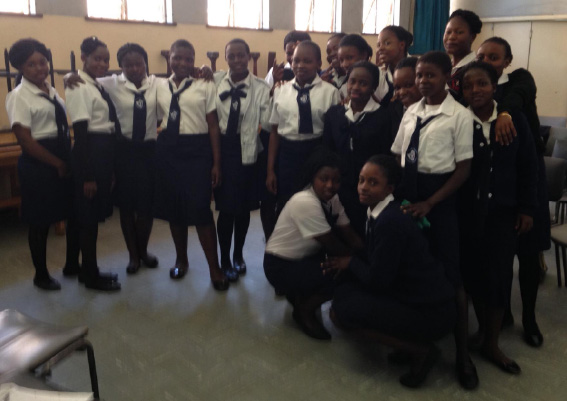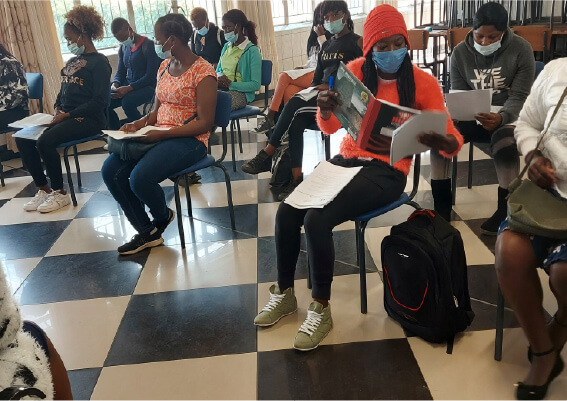RAFIKI GIRLS CENTRE
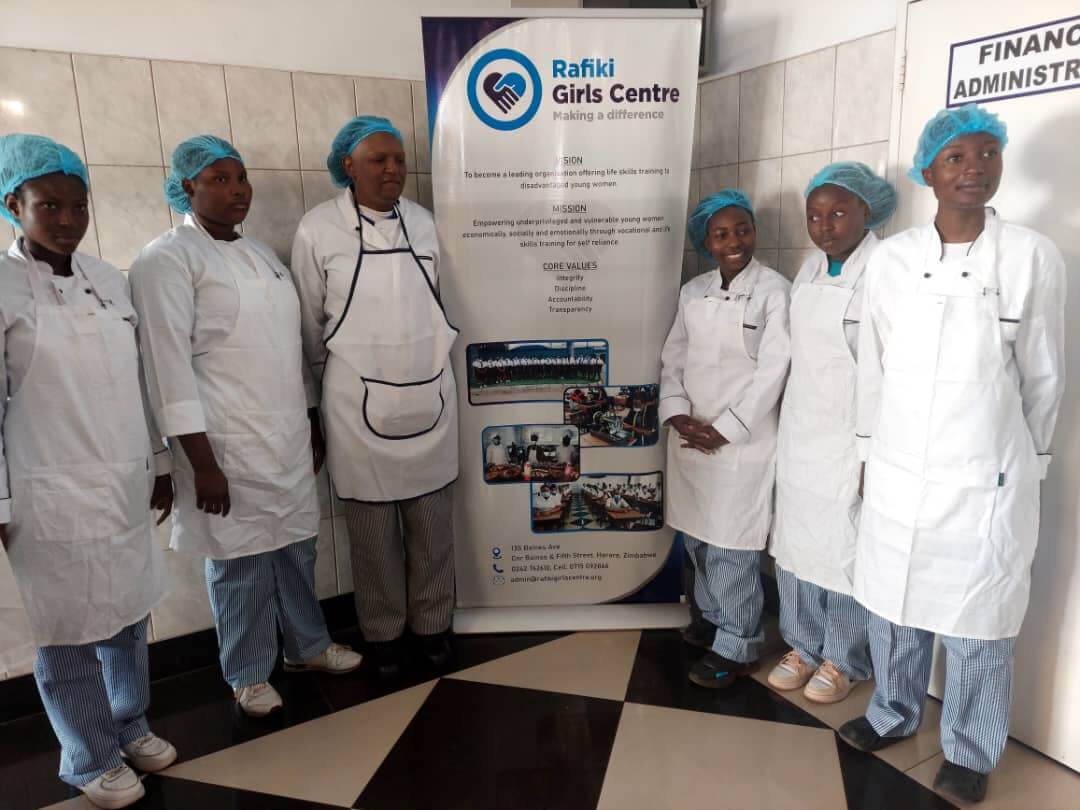
Organizational Information
Rafiki Girls Centre is a registered Trust that empower orphaned, and other vulnerable girls and young women with life skills and vocation skills. Rafiki Girls Centre’s registration No. is MA1095 and was registered as a Trust on December 6, 2010 under the Notarial Deed of Trust of Zimbabwe.
Rafiki Girls Centre was established in Harare in 2002 under Rafiki Foundation international. Rafiki Foundation in 2004 withdrew operations from Zimbabwe and relocated its staff to other projects then the Central Baptist Church became the administrators of the organization until 31 December 2020 when they gave autonomy to Rafiki Girls Centre to operate independently. RGC enjoys a good reputation within the community as a unique organisation that provides life skills to young girls and single mothers for life transformation. This project has impacted positively in alleviating poverty in many homes and in raising awareness of HIV and AIDS in girls and young women and the wider community in where they live.
Project Objectives
Aim 1
Aim 2
Aim 3
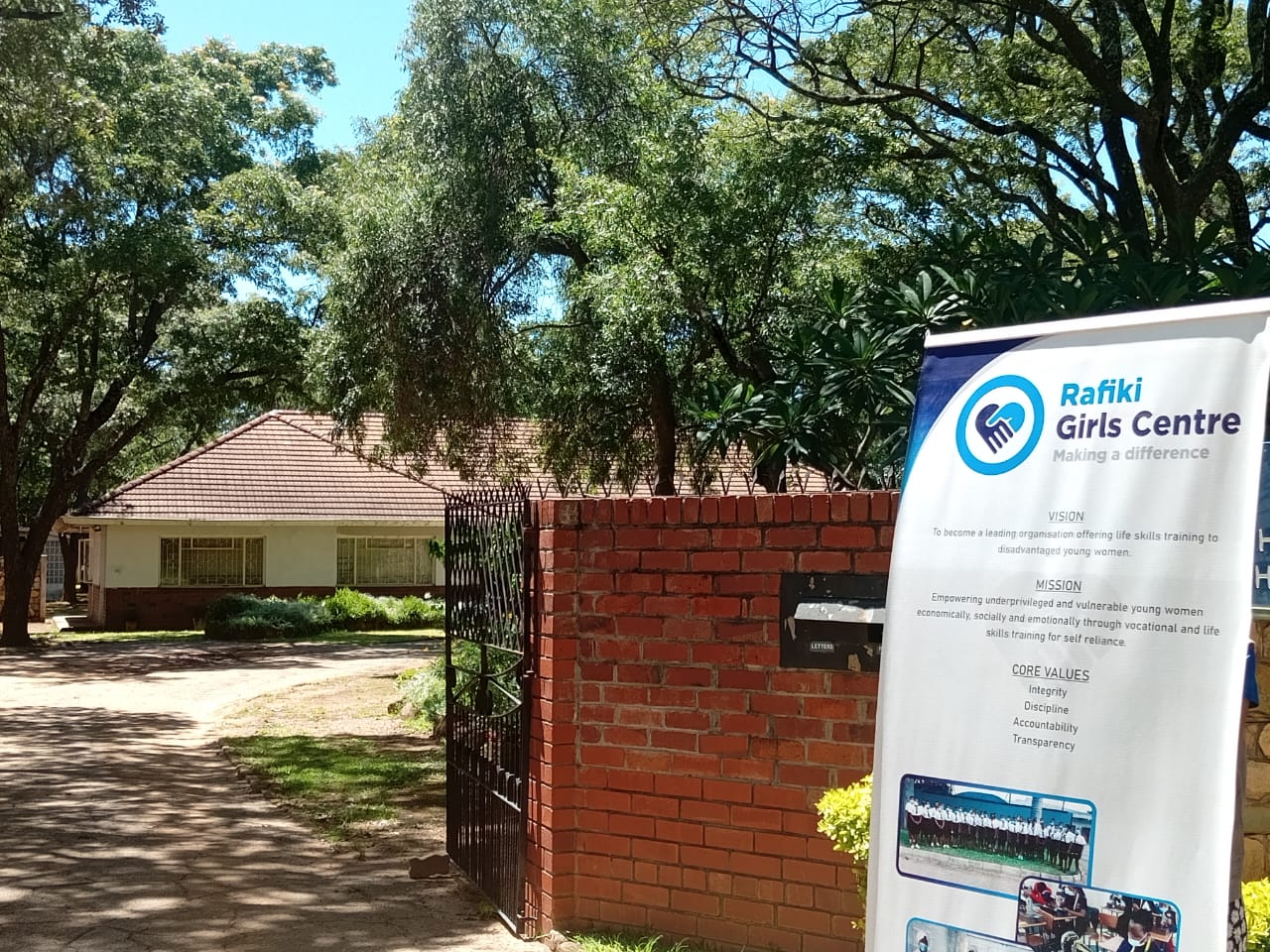
Empowering orphaned, and other vulnerable young women economically, socially and emotionally through vocational and practical life skills for self-reliance.
Latest Articles.
Social Media Feeds.
International Woman's Month
— Dr Eve Gadzikwa (@Evegadzikwa) March 21, 2016
Rafiki Girls Centre transforming girls lives
@TheCEOMagZim @FLOTUS @SirNige @263Chat pic.twitter.com/M8P92p6AYm
